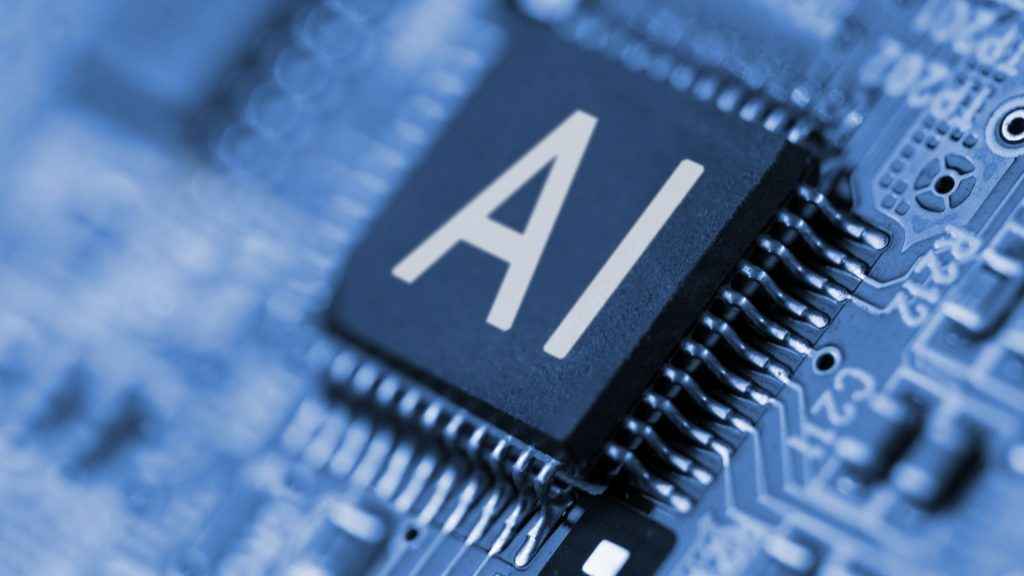What does the evolution of AI so far tell us about its future?

Artificial Intelligence (AI) continues to be a transformative force in 2024, reshaping industries, governance, and human capabilities. This article explores key developments in self-sustaining AI systems, ethical AI governance, and AI’s role in augmenting human intelligence, providing a forward-looking perspective on how these advancements are influencing society.
Self-Sustaining AI Systems
AI-Powered Decision Making
AI in 2024 is making strides toward independent decision-making. Systems are being designed to analyse data, identify patterns, and make complex decisions without external input. For instance, AI-powered medical diagnostic tools are now capable of assessing patient data, suggesting treatments, and even predicting complications, significantly improving healthcare outcomes. Similarly, in finance, AI algorithms are driving autonomous trading platforms, enabling them to react to market fluctuations in real time, potentially increasing investment returns while minimising risks.

The application of AI in law enforcement is also gaining traction. Predictive analytics tools are being deployed to anticipate criminal activities based on historical data, aiding in resource allocation. However, these advancements raise concerns about biases in data and decision-making, which remain critical challenges to address.
Also Read: Deepfake AI to quantum ransomware: Top cybersecurity threats of 2025
AI-Created Content without Human Input
The entertainment industry in 2024 is witnessing the emergence of entirely AI-generated content. Advanced generative AI models are capable of creating films, music, and video games with minimal human intervention. For example, AI systems are being used to compose music tailored to individual preferences, generate immersive video game environments, and even script compelling narratives for films. This shift not only democratises content creation but also accelerates production timelines.
However, the absence of human input in these creations sparks debates about originality, intellectual property, and the role of human creativity in art. These discussions are shaping policies and practices within the creative industries.
Autonomous AI Ecosystems
Self-sustaining AI systems managing entire ecosystems are no longer theoretical. In 2024, energy companies are employing AI to optimise smart grids, balancing supply and demand autonomously. Similarly, AI-driven transportation networks are coordinating autonomous vehicles, public transit schedules, and traffic flow, enhancing urban mobility.
Supply chain management is another area where autonomous AI ecosystems are demonstrating value. AI systems are optimizing logistics by predicting demand, monitoring inventory, and coordinating shipments with unprecedented efficiency. While these developments improve operational efficiency and reduce costs, they also necessitate robust safeguards to prevent system failures or malicious interventions.
Also Read: What is Edge AI: How did it impact our AI journey in 2024
Quantum AI
Quantum computing is beginning to intersect with AI in groundbreaking ways. In 2024, quantum processors are being integrated into AI systems, enabling the resolution of previously intractable problems. For instance, pharmaceutical companies are leveraging quantum AI to simulate complex molecular structures, accelerating drug discovery. Similarly, quantum-enhanced AI is being applied in fields such as cryptography, material science, and climate modelling, pushing the boundaries of computational capabilities.

Despite these advancements, quantum AI remains in its infancy, with significant technical and ethical challenges to overcome before its widespread adoption.
Ethical AI and Governance
AI Regulations
The rapid evolution of AI in 2024 has prompted governments worldwide to enhance regulatory frameworks. These regulations aim to ensure ethical AI development and deployment, focusing on mitigating risks to privacy, employment, and societal well-being. The European Union’s AI Act is a prominent example, introducing stringent guidelines for high-risk AI applications while promoting innovation in low-risk areas.
In parallel, several countries are establishing AI-specific regulatory bodies to oversee compliance and address emerging challenges. These efforts reflect a growing recognition of the need for global collaboration in governing AI technologies.
AI Transparency
The demand for transparency in AI systems is driving the development of explainable AI (XAI) models. These models are designed to provide clear insights into how decisions are made, enabling users and regulators to understand and trust AI-driven processes. In sectors such as healthcare and finance, XAI is becoming a prerequisite for deploying AI solutions.

Tech companies are also incorporating transparency features into their products, offering tools that allow users to audit AI systems. These advancements are essential for ensuring accountability and addressing biases in AI-driven decisions.
Also Read: From AI agents to humanoid robots: Top AI trends for 2025
AI for Social Good
AI’s potential to address global challenges is being realised through initiatives focused on social good. In 2024, AI is playing a pivotal role in combating climate change by optimising renewable energy production, predicting natural disasters, and enhancing carbon capture technologies. In agriculture, AI-driven tools are improving crop yields and resource efficiency, addressing food security concerns.
Education is another area where AI is making an impact. Personalised learning platforms are helping to bridge educational gaps, particularly in underserved communities. These efforts highlight AI’s potential to create a more equitable and sustainable future.
AI Ethics Boards
Corporations and institutions are recognising the importance of ethical oversight in AI development. Dedicated AI ethics boards are being established to ensure that AI technologies are developed responsibly. These boards are tasked with addressing issues such as bias, fairness, and transparency, as well as ensuring compliance with regulatory standards.
In 2024, ethical AI practices are becoming a key differentiator for companies, influencing consumer trust and market competitiveness. This trend underscores the growing importance of integrating ethical considerations into AI development processes.
AI in Augmenting Human Intelligence
Brain-Computer Interfaces (BCI)
The development of BCIs is advancing rapidly, enabling direct communication between the human brain and AI systems. In 2024, these interfaces are being tested for applications ranging from assistive technologies for individuals with disabilities to enhancing cognitive capabilities in healthy individuals. For example, BCIs are enabling users to control devices through thought, offering new possibilities for interaction and productivity.
Despite their potential, BCIs raise ethical and privacy concerns, particularly regarding data security and the implications of augmenting human intelligence. Addressing these issues is crucial for ensuring the responsible adoption of this technology.
Human-AI Collaboration
AI systems in 2024 are increasingly designed to work alongside humans, enhancing decision-making, creativity, and problem-solving. In medicine, AI-powered tools are assisting doctors in diagnosing diseases and planning treatments, while in scientific research, AI is accelerating discoveries by analysing vast datasets.
Creative industries are also benefiting from human-AI collaboration. AI tools are being used to generate ideas, streamline workflows, and produce content, enabling creators to focus on higher-level tasks. This synergy is fostering innovation across various domains.

Also Read: Apple in 2024: From Apple Intelligence to Vision Pro, Apple did push some boundaries this year
AI-Powered Lifelong Learning
AI-driven personalised learning platforms are transforming education and professional development. In 2024, these platforms are leveraging adaptive algorithms to tailor learning experiences to individual needs, ensuring continuous cognitive growth. For example, AI tutors are providing real-time feedback and customised study plans, helping learners achieve their goals more effectively.
These advancements are particularly valuable in a rapidly changing job market, where continuous learning is essential for staying relevant. By making education more accessible and effective, AI-powered lifelong learning is empowering individuals to adapt and thrive in the face of technological change.
Team Digit
Team Digit is made up of some of the most experienced and geekiest technology editors in India! View Full Profile




